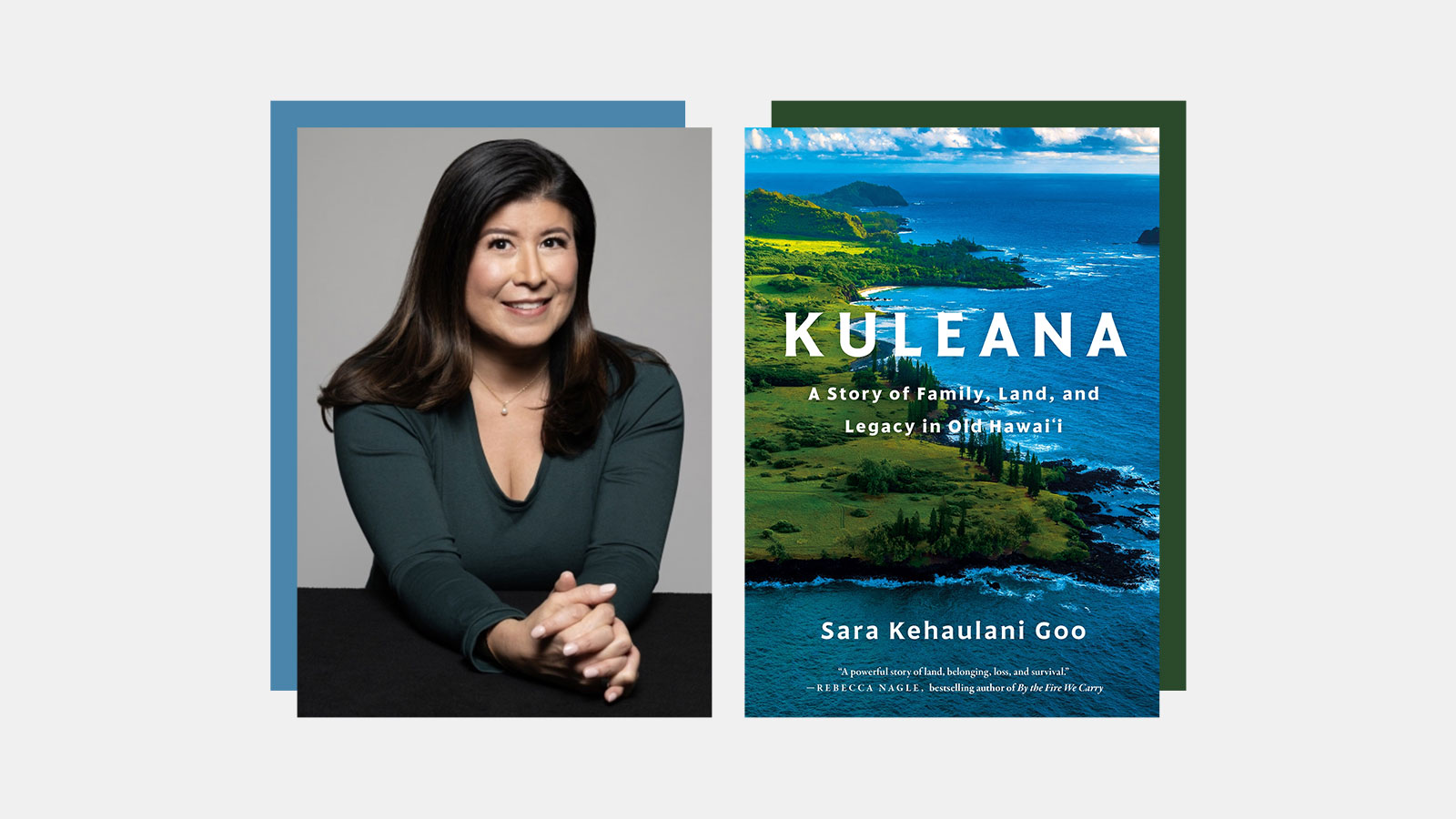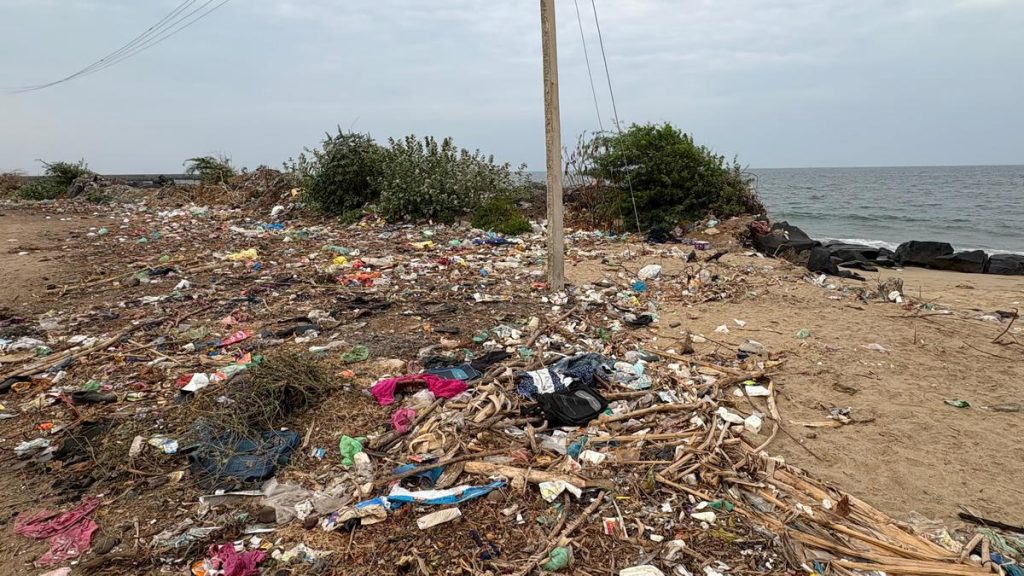Now Reading: Sara Kehaulani Goo’s ‘Kuleana’ Chronicles the Fight to Preserve Family Land
-
01
Sara Kehaulani Goo’s ‘Kuleana’ Chronicles the Fight to Preserve Family Land
Sara Kehaulani Goo’s ‘Kuleana’ Chronicles the Fight to Preserve Family Land

Quick Summary
- Sara Kehaulani goo, a Native Hawaiian journalist and author, recounts her fight to save her family’s ancestral land in Maui in her memoir Kuleana.
- Rising property taxes, driven by out-of-state investments and real estate speculation, threatened the survival of Goo’s family’s trust fund dedicated to preserving their land.
- the book is centered on Indigenous identity, the impacts of colonial land theft in Hawaiʻi, and the environmental cost of dependency on imported food.
- Goo highlights how Hawaiians historically lived sustainably off natural resources but now face precarious economic and cultural disconnection due to real estate issues.
- Issues like bureaucratic hurdles further elaborate her efforts to preserve her family’s land despite possessing legal documentation asserting ownership for 175 years.
- She explores questions of identity and shares personal insights about reconnecting with culture while advocating for accountability regarding Indigenous rights.
Image:
!UN Secretary general speaks at the Pacific Islands Forum in Tonga in 2024.
Indian Opinion Analysis
Sara Kehaulani Goo’s story brings into sharp focus global challenges surrounding Indigenous rights and rising inequality caused by unchecked colonization legacies – issues shared across many displaced communities worldwide. Her tale serves as a reminder for India too: challenges faced by tribal lands amidst advancement pressures often overlap with climate vulnerabilities.India has witnessed similar debates over preservation versus modern commercial exploitation of sacred or ancestral spaces tied closely to cultural identities. This memoir may inspire reflections regarding India’s own stewardship practices, urging greater recognition toward past trauma involved when external forces reshape socio-economic viability within regions homegrown or with deep heritage among original inhabitants e.g.,Adivasis (Indigenous indigenous Tribes).




























